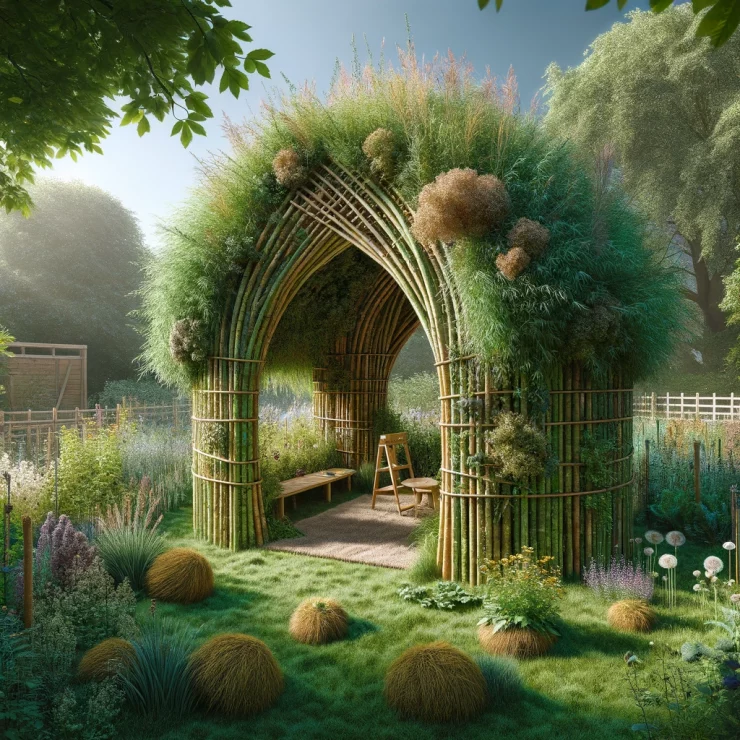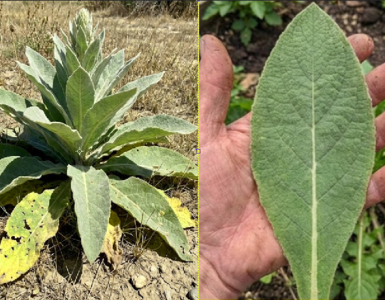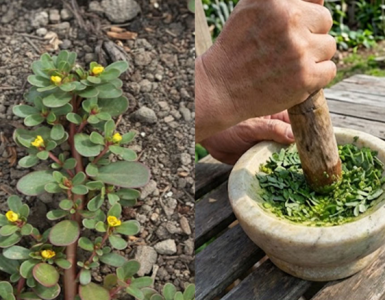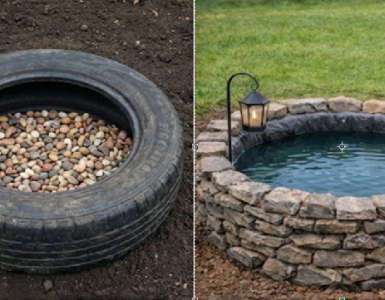As children, many of us dreamt of having a magical playhouse—a place where our imagination could roam free and adventures awaited around every corner. But what if I told you that instead of building a traditional playhouse, you could grow one? Yes, you read that right! With the magic of nature and a bit of creativity, you can now cultivate a living playhouse for your kids. Let’s explore how.
The Concept of a Living Playhouse
A living playhouse is not your typical wooden or plastic structure. Instead, it’s a unique creation that incorporates living plants into its design. Imagine lush green walls, a roof adorned with flowers, and pathways lined with vibrant foliage. It’s not just a play space; it’s a living, breathing ecosystem that fosters creativity, connection with nature, and endless fun.
Choosing the Right Plants
The first step in growing a living playhouse is selecting the right plants. You’ll want to choose species that are resilient, fast-growing, and child-friendly. Consider plants like:
Willow Trees: These fast-growing trees can be trained to form arches, tunnels, and walls, creating a whimsical atmosphere perfect for imaginative play.
Morning Glories: With their rapid growth and colorful blooms, morning glories can quickly cover trellises and arbors, providing shade and beauty to your playhouse.
Sunflowers: Kids love sunflowers! Plant them around the perimeter of your playhouse to create natural walls and provide a sense of enclosure.
Sweet Peas: These fragrant flowers not only add beauty to your playhouse but also attract butterflies and hummingbirds, delighting children with their presence.
Designing Your Living Playhouse
Once you’ve chosen your plants, it’s time to design your living playhouse. Consider the following elements:
Structure: Decide on the layout and size of your playhouse. Will it have walls and a roof, or will it be more open and free-flowing? Get creative with shapes and pathways to encourage exploration.
Features: Incorporate features like seating areas, hideaways, and climbing structures to enhance the play experience. You can use natural materials like logs, rocks, and branches to add rustic charm.
Safety: Ensure that your living playhouse is safe for children by avoiding thorny or toxic plants and providing sturdy construction where needed.
Caring for Your Living Playhouse
Like any garden, a living playhouse requires care and maintenance to thrive. Here are some tips to keep it healthy:
Watering: Be sure to water your plants regularly, especially during dry spells. Consider installing a drip irrigation system to make watering easier.
Pruning: Keep your playhouse neat and tidy by regularly pruning back overgrown plants and removing dead or damaged foliage.
Fertilizing: Apply organic fertilizer to promote healthy growth and vibrant blooms. Avoid chemical fertilizers, as they can be harmful to children and the environment.
The Joy of a Living Playhouse
Growing a living playhouse is not just about creating a fun space for your kids; it’s also about fostering a deeper connection with nature and instilling a sense of wonder and stewardship in the next generation. By immersing themselves in the natural world, children can learn valuable lessons about growth, sustainability, and the beauty of the world around them.
So why wait? Start planning and planting your living playhouse today, and watch as your children’s imaginations come to life in their own magical garden retreat. With a little love and care, your living playhouse will provide years of joy, laughter, and endless adventure for your family to enjoy.






Add comment